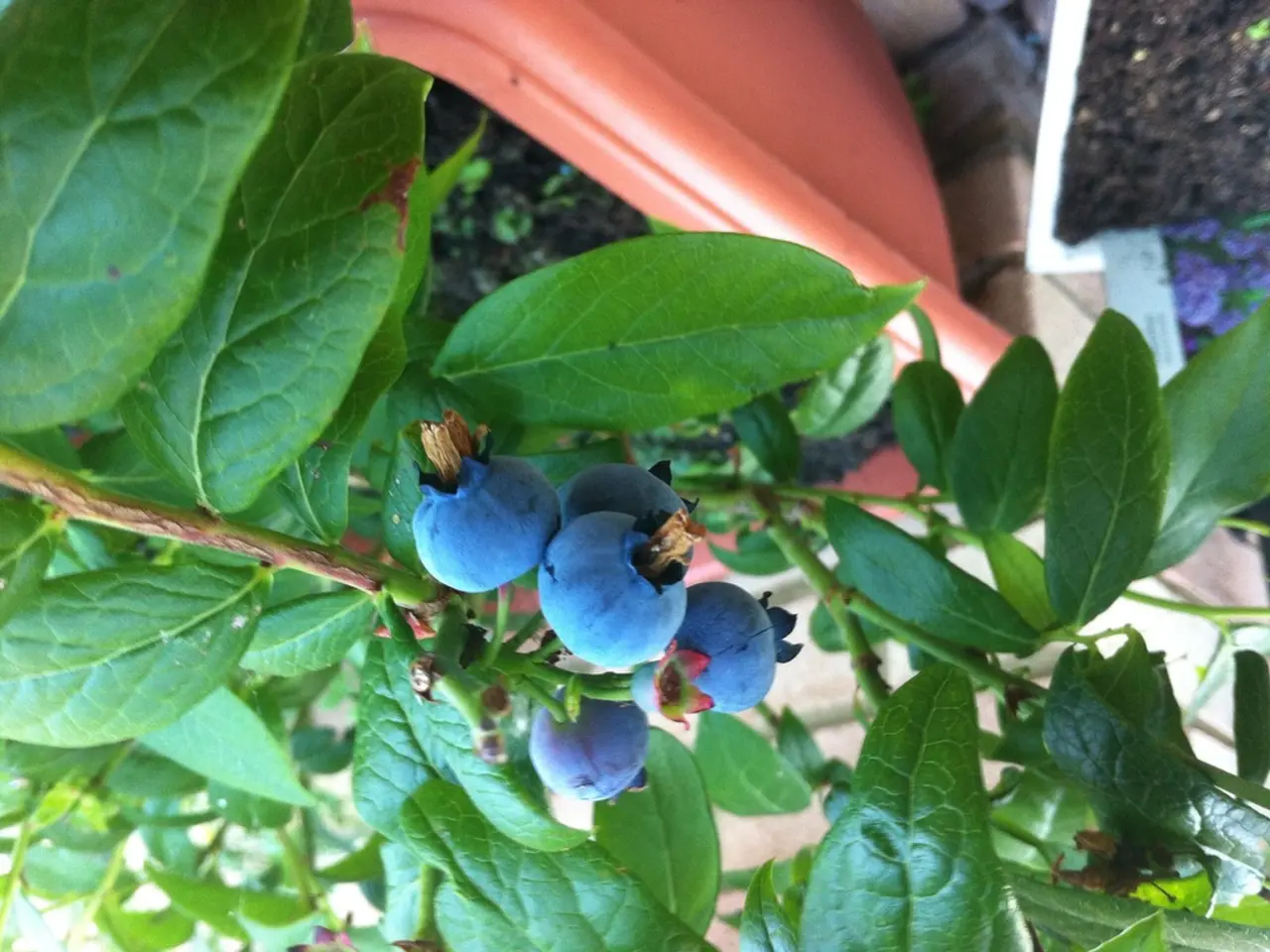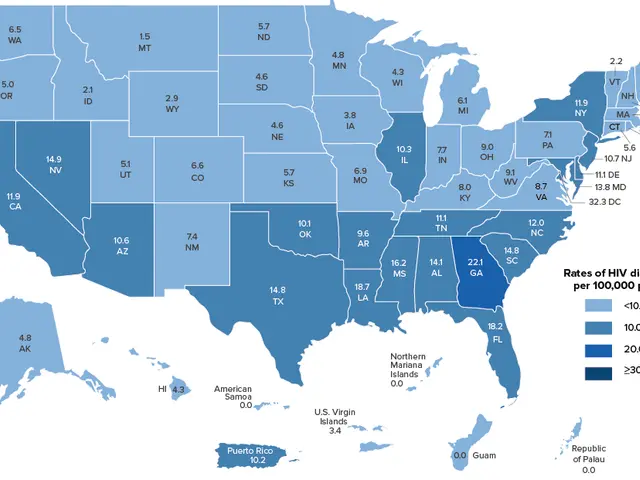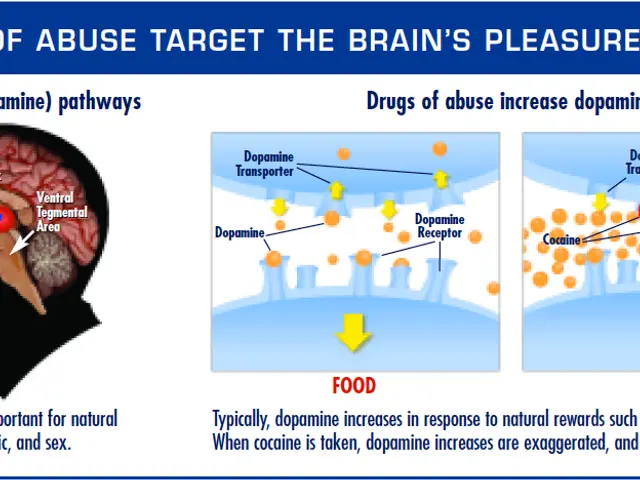Soil Acidification and Blackberry Growth: Exploring the Most Harmful Combinations
In the world of gardening, creating the perfect environment for blackberry plants is essential for a bountiful harvest. One crucial aspect to consider is soil pH, as it significantly impacts nutrient availability and microbial activity. Here's a guide on how to test and adjust soil pH for optimal blackberry growth.
**Soil pH Testing Methods**
1. **Soil Sampling**: Collect soil samples from the root zone of your blackberry plants, ensuring a consistent depth (usually 6-8 inches) and taking multiple samples across the planting area. Mix samples thoroughly to create a composite sample for testing. Proper sample handling is vital to avoid contamination or changes in pH before testing.
2. **Testing Techniques**: Use a soil pH meter or soil test kit for quick, on-site measurements. For more accurate results, send samples to a soil testing laboratory where they measure pH using standardized extraction methods (e.g., Mehlich-3 or Morgan).
**Best Practices for Adjusting Soil pH for Blackberries**
Blackberries prefer slightly acidic to neutral soil, typically between pH 5.5 and 6.5. To maintain this ideal pH range, follow these best practices:
- **Lowering pH (If Soil is Too Alkaline)**: Apply soil acidifiers like elemental sulfur or aluminum sulfate according to soil test recommendations. Incorporate organic matter such as pine needles or sphagnum peat moss, which gradually acidify the soil. Acidify soil carefully to avoid sudden pH swings that can stress plants.
- **Raising pH (If Soil is Too Acidic)**: Apply agricultural lime (ground limestone) based on soil test results to raise pH gradually. Use dolomitic lime if magnesium supplementation is also needed.
- **Frequent Monitoring**: Test soil pH annually or biannually, especially before the growing season, to maintain optimal conditions. Adjust amendments as needed over time to sustain appropriate pH.
- **Watering and Nutrient Management**: Use water with neutral pH to avoid unexpected pH changes. Fertilizers can affect soil pH; for example, nitrogen fertilizers like ammonium nitrate can lower pH over time.
**Additional Considerations**
- Blackberries thrive best in well-draining soil with good organic matter content. Adjust drainage before or along with pH if necessary. - To improve soil conditions and pH control, consider raised beds or containers where soil conditions can be more precisely managed.
By following these guidelines—accurate soil testing, informed pH adjustments, and ongoing monitoring—you can create an optimal soil environment for healthy blackberry growth and fruit production. Organic matter plays a vital role in this process, helping reduce soil compaction, improve drainage, and retain moisture while supplying vital plant nutrients. With the right care and attention, you'll be enjoying sweet, juicy blackberries in no time!
Joining the importance of pH in the realm of gardening to the fields of science, health-and-wellness, fitness-and-exercise, and nutrition, it's essential to remember that the perfect soil environment is crucial not only for blackberry plants but also for our own health, as soil quality affects the nutrient content and microbial activity that contribute to well-being. Furthermore, adopting a holistic approach to gardening—one that encompasses science, nutrition, and exercise in the form of soil testing, pH adjustment, and ongoing monitoring—can be seen as an extension of fitness and wellness, fostering a connection to the earth, and promoting mental and physical health benefits.







